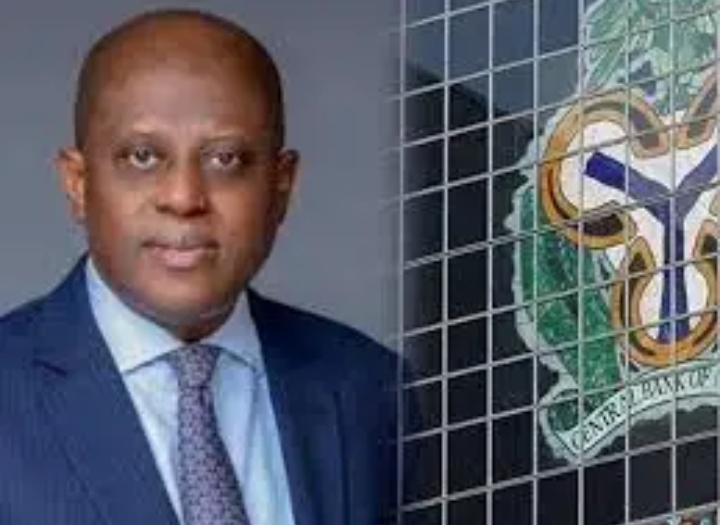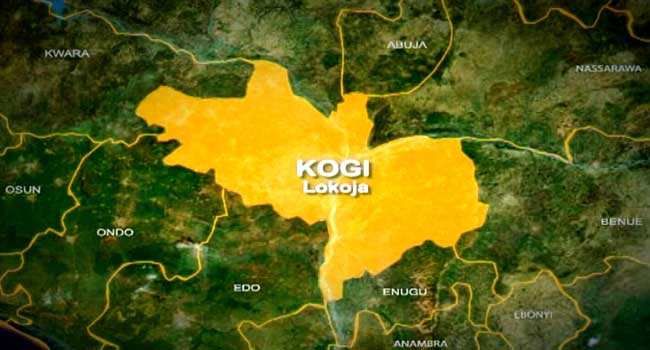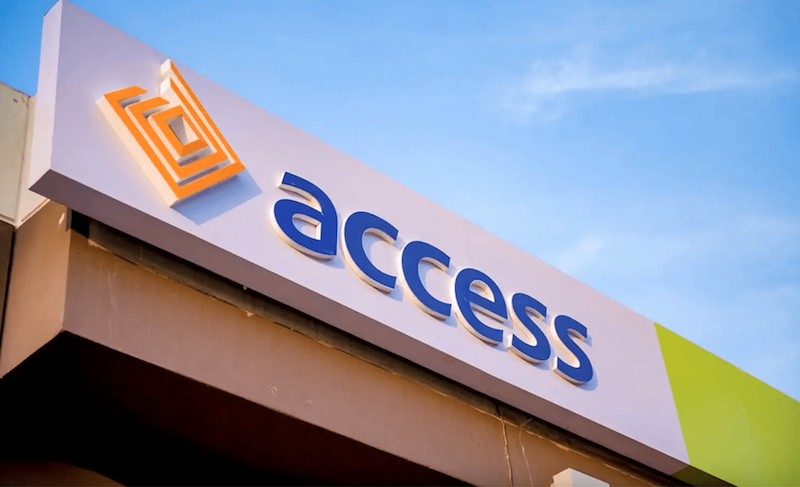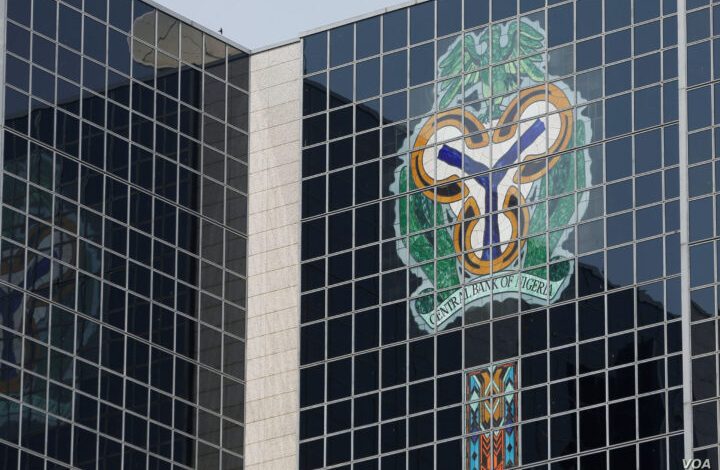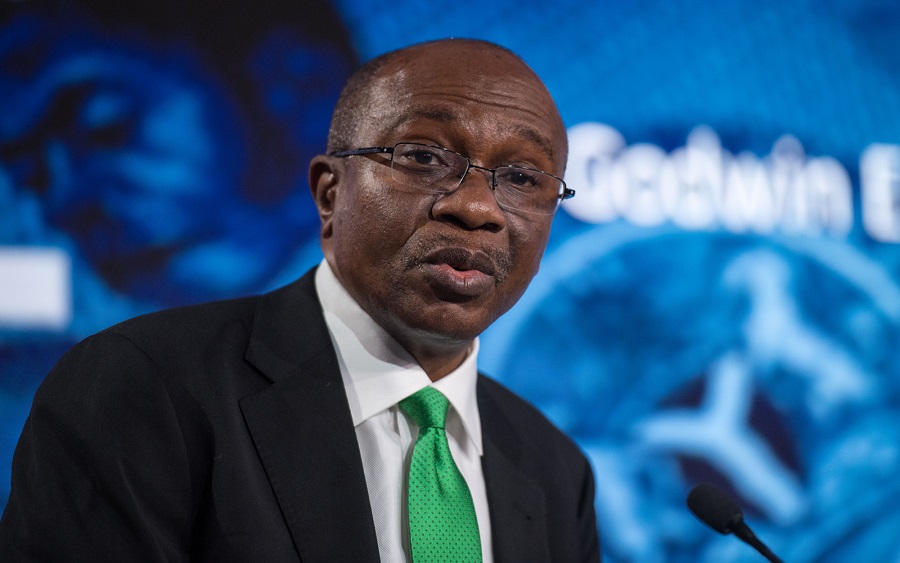By Etim Etim
An important development that occurred in the financial services industry the other week went largely unreported in the press; perhaps because the media is still engrossed in all the corruption dramas of the last few weeks. On Friday, April 26, Central Bank officials, led by a director, met with the chief executives of major fintech companies in the country and ordered them to discontinue onboarding of new customers.
The CBN, I understand, has been dissatisfied with the manner with which the fintechs have been handling KYC checks in opening accounts for their customers and is convinced that such loopholes could be or have been exploited by money launderers and terrorist financiers in moving illicit financial resources. KYC (Know your customer) is the mandatory process undertaken by a bank to identify and verify their customer’s identity and address when opening account.
Periodically, over time, those requirements are reinforced by the banks. I recently had to forward new utility bills to my account officer and perform BVN confirmation just to reactivate an account.
In addition to the provision of the utility bill by the customer, bank officials are expected to physically inspect the address provided by the customer. But the fintechs don’t have not been this diligent in verifying the identities and addresses of their customers and the authorities are convinced that these lapses could be exploited by the bad guys.
A fintech customer only has to complete an online form and provide BVN, ID card and address. Among the top deposit-taking fintechs that attended the meeting with the CBN are Opay, Moniepoint, Palmpay and Kudak. Opay has however assured that it is committed to being compliant with all regulations. In a statement after the meeting, the company stated that it will ‘’support government efforts to clean up the financial industry’’.
The CBN’s order is coming a few months after it directed all financial institutions to collect ID cards before opening accounts for customers, voiding its 2013 guidelines which waived IDs to encourage financial inclusion. The order also coincides with a major crackdown on suspicious bank accounts by the authorities.
Just last week, a Federal High Court in Abuja granted the EFCC an interim order to freeze 1,146 accounts belonging to persons and organizations being investigated for unauthorized forex transactions, terrorism financing and money laundering. In giving the order, Justice Emeka Nwite noted that ‘’preliminary investigations reveal that the bank accounts are linked to persons who take advantage of the virtual cryptocurrency exchange platforms to illegally manipulate the value of the naira and launder proceeds of unlawful activities’’.
The reason for all these feverish curbs is because authorities are worried that Nigeria’s fight against terrorism and money laundering has been poorly rated by the Financial Action Task Force (FATF), the global money laundering and terrorist financing watchdog.
‘’Nigeria has been grey-listed by FATF as of February 24, 2023 and this is very bad for us as a nation’’, a director at the CBN told this writer last week. South Africa and 22 other countries are also grey-listed. Grey-listed countries are those deemed to have deficient anti-money laundering and terrorist-financing mechanisms.
There are two categories of grey-listed countries: those that are currently working hard with under FATF monitoring to address the lapses and those that are doing nothing about it for which stiff sanctions may apply. Obviously, our country is desperate to be taken off the grey list. But the hurdles are high.
The country has suffered severe security challenges in the last 15 years and its currency has undergone significant devaluations in the last one year or so partly due to the trading activities on the cryptocurrency platforms. Nigeria’s inability to arrest financiers of terrorism and the recent escape of an executive of Binance, a cryptocurrency-trading platform, from detention in Abuja are pointers to gaps in the nation’s security framework.
By ordering the fintechs to discontinue further customer acquisitions, the CBN is hoping to tighten its surveillance on this component of the finance sector. The bank should go farther and scrutinize their books as keenly as they examine the records of the banks.
Across the world, the fight against financial crimes is not letting up. Financial crimes cause economic distortion, loss of control over economic policy, revenue loss and weakening of the integrity of financial markets.
This week, the founder and former chief executive of Binance, Changpeng Zhao, was sentenced to four months in prison in the US after pleading guilty to violating that country’s laws against money laundering at the world’s largest cryptocurrency exchange. It is this same level of seriousness that the global community expects Nigeria to apply in its fight against money laundering and terrorism financing.
Going after abusers of the Naira is good, but the nation will fare far better if big-time criminals are brought to book.
